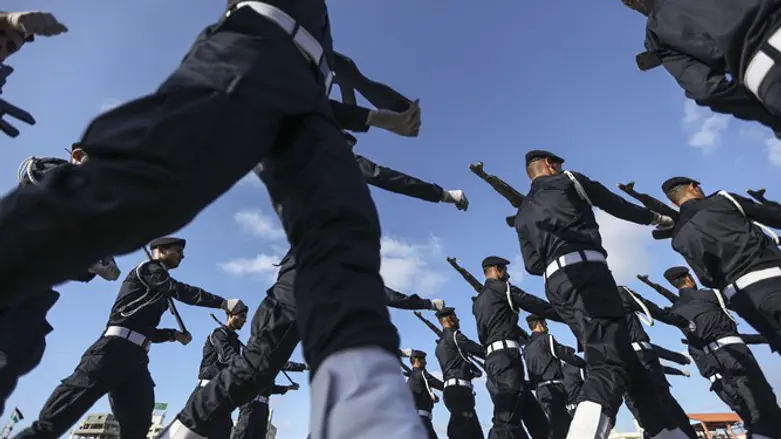
If you follow closely what is happening between Israel and the Palestinian Arabs, you will see some very serious undertones in this new round of conflict. The conflict must nonetheless be the last, given the catastrophic factors that may not stop at its narrow geographical limits. The fear is that it will go beyond the limits of control that many, regionally and internationally, are striving to build and consolidate in short order.
There is nothing new in the dangerous part organizations play in managing relations between the Palestinian Arabs and Israelis, or even between Arab societies and Israel, both in terms of media, politics and, of course, security and the military. It is no secret that various organizations and movements have shared Palestinian decision-making in recent years with the Palestinian Authority.
The weakness of the PA, for reasons mostly well known and which we will not address in this article, must be taken into account. There is also the increasing use of these organizations by states as cat’s paws against other Arab countries and as bargaining chips to pressure international powers, all in the interest of these regimes and not the Palestinian Arabs.
What is striking in the current turmoil is that the PA as the official representative of the Palestinian Arabs internationally, is completely absent. The decision is entirely hijacked for the benefit of the leaders of these organizations and their media and propaganda reps.
More seriously, interventions are made by militia leaders and other organizations in different countries, including those loyal to the Iranian mullahs’ regime, such as the Houthi group in Yemen, or the Iranian Revolutionary Guard militia.
Perhaps the most damaging thing for the Palestinian Arab cause in these sensitive circumstances is that it is being turned into a rallying point and sloganeering object by detractors, terrorists and extremists. Those are merely playing politics with the lives and suffering of people.
The organizations have not and will not bring anything to the Palestinian Arabs, other than inflammatory statements and false claims of support and sacrifice. The question many are asking, why has stability in the Middle East become subject to the ways of groups and organizations and not states?
It should be noted here that it all started with the 2011 unrest, in which ideologized organizations and movements played an impactful role. This was both at the organizational level, and at the level of action and subsequent hijacking of the public scene to serve their goals and interests.
The terrorist organization of “Muslim Brotherhood,” for example, made a strong foray. It quickly rose to the top of the power pyramid in Egypt. But the Egyptian people revolted against it on June 30, 2013, when the revolution succeeded in breaking popular will free and bringing back decision-making to the people.
Although things have been put back in order by the people in Egypt, the scourge of militias and organizations lives on. Some of them now control the fate of several Arab countries, including Yemen, Libya and much of Syria. There is also the disturbing role of Iranian militia weapons in countries like Lebanon and Iraq.
Undoubtedly, if the situation in our region remains the same without crisis settlements, the militias will be tempted to take hold, scale up and gain influence. Even talking about national sovereignty in many Middle Eastern countries seems to be a thing of the past.
Eradicating the bane of militias and organizations in the Middle East and restoring the power of the nation-state in many countries is a sine qua non for achieving security and stability. As long as rooting out militias and organizations is left off the priorities of the global collective, violence will rage on and chaos will reign over the region.
Dr. Salem AlKetbi is a UAE political analyst and former Federal National Council candidate